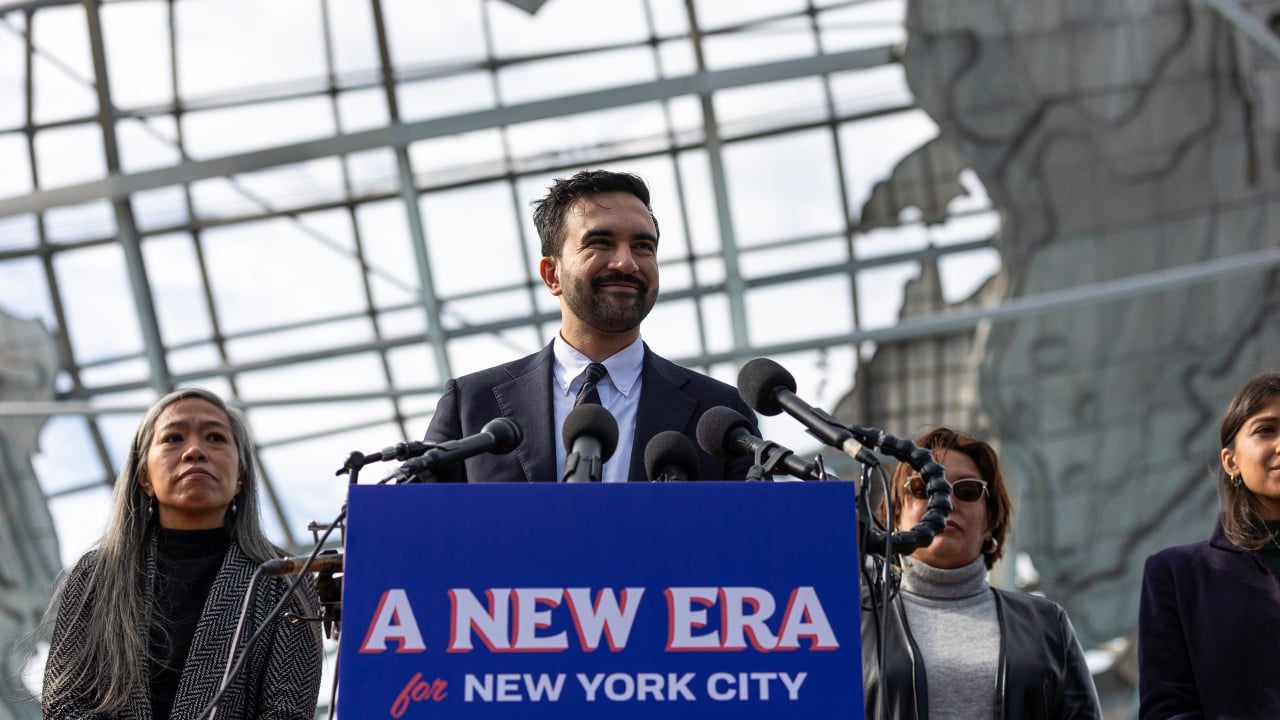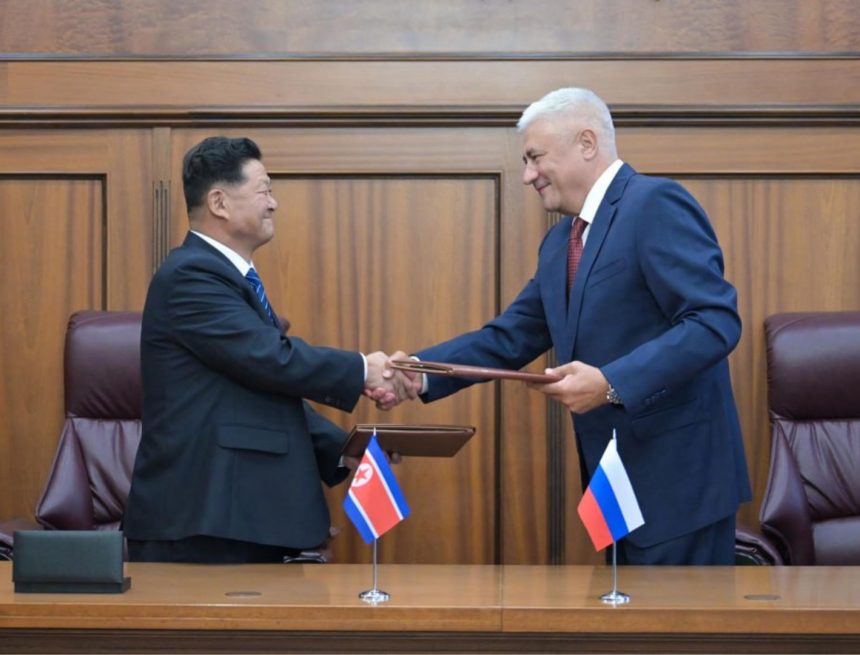
The young politician’s complex identity as an African-born person of South Asian heritage, his political positions and the broader implications of his win have resonated far beyond New York. In China, his victory quickly became a talking point, both online and among scholars.
According to Chinese observers, the rise of the Democratic Party’s left wing, marked by Mamdani’s historic mayoral win, could give the party greater leverage to challenge the ruling Republicans and ease the pressure on China as the US shifts its focus inward. But it might also bring new uncertainty, they cautioned.
One academic argued that the American left’s emphasis on social justice and equality could open space for dialogue with China, fostering mutual understanding through shared policy priorities amid an intensifying rivalry.
Others were more cautious, saying that the mayoral race was primarily driven by local “bread-and-butter” issues and offered limited insight into the party’s broader direction or the future course of US foreign policy.
Mamdani, 34, was born in Uganda to parents of Indian descent and raised in New York from the age of seven. He entered the mayoral race as a little-known state assemblyman from Queens and rose to national prominence, becoming the youngest person elected as mayor of America’s biggest city in over a century.


